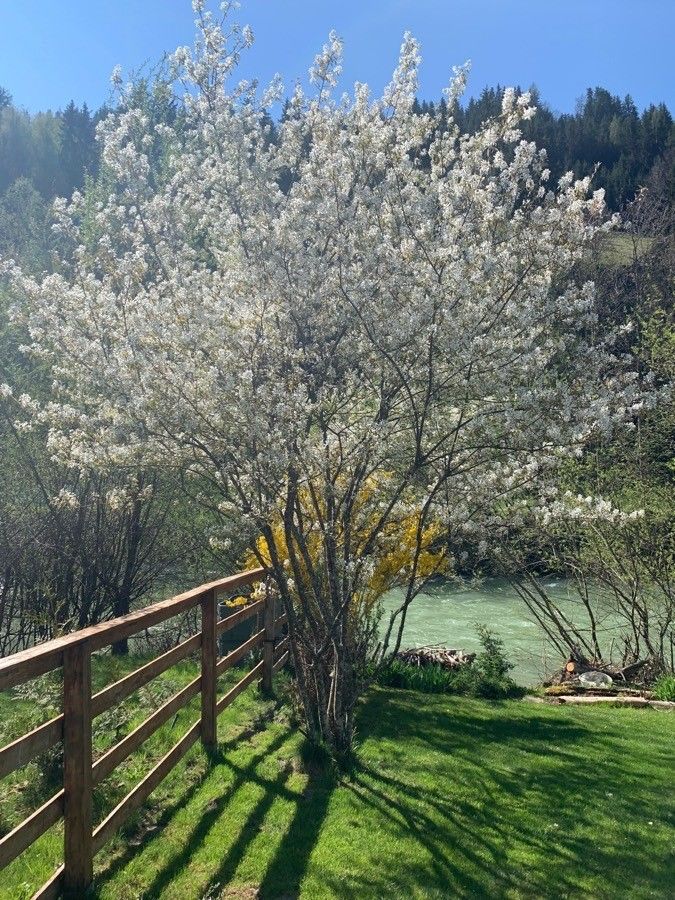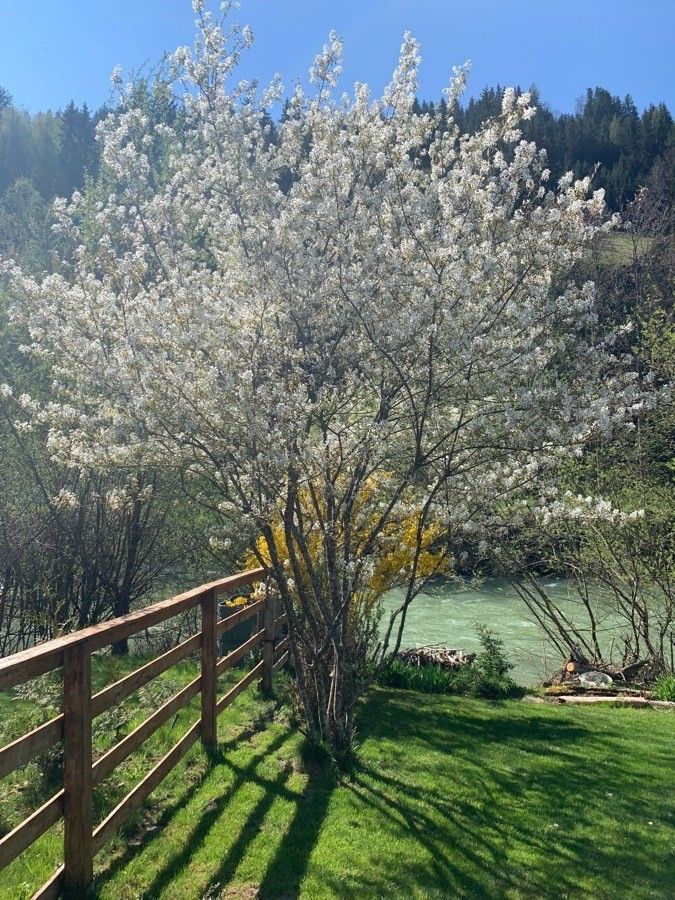Service Berry Shadblow - 6/7ft
Service Berry Shadblow - 6/7ft
Low stock: 10 left
Full sun and Partial shade
Couldn't load pickup availability
Shadblow Serviceberry (Amelanchier canadensis) – Shopify Listing
Description:
Shadblow Serviceberry (Amelanchier canadensis), also known as Juneberry, is a beautiful native multi-stemmed shrub or small tree prized for its showy clusters of snowy white flowers in early spring, followed by edible berries that ripen from red to deep purple-black in early summer. These sweet berries are loved by birds and people alike. The deep green foliage turns brilliant shades of yellow, orange, and red in fall, providing multi-season interest. With a naturally upright, oval form and attractive silver-striped bark in winter, Shadblow Serviceberry is ideal for wildlife gardens, borders, naturalized plantings, or as a specimen tree. It thrives in full sun to part shade and adapts to a wide range of soils, including clay and sandy sites.
Plant Characteristics:
-
Botanical Name: Amelanchier canadensis
-
Common Names: Shadblow Serviceberry, Juneberry
-
Type: Deciduous shrub or small tree
-
Mature Height: 15–25 feet
-
Mature Spread: 10–20 feet
-
Growth Habit: Multi-stemmed, upright, oval to rounded
-
Foliage: Deep green, turning yellow/orange/red in fall
-
Flower Color: White, in clusters (early spring)
-
Fruit: Edible berries, red to purple-black (early summer)
-
Bark: Smooth, silver-gray with vertical stripes
-
Light Requirements: Full sun to part shade
-
Soil: Moist, well-drained preferred; tolerates clay, sand, and a range of pH
-
Water Needs: Average; tolerates moist to boggy soil, drought tolerant once established
-
Hardiness Zones: USDA 4–8
-
Maintenance: Low; prune in late winter to shape or remove suckers
-
Wildlife: Attracts birds, pollinators, and beneficial insects; berries are a food source for wildlife
-
Uses: Wildlife gardens, borders, specimen, naturalized areas, edible landscaping, rain gardens

